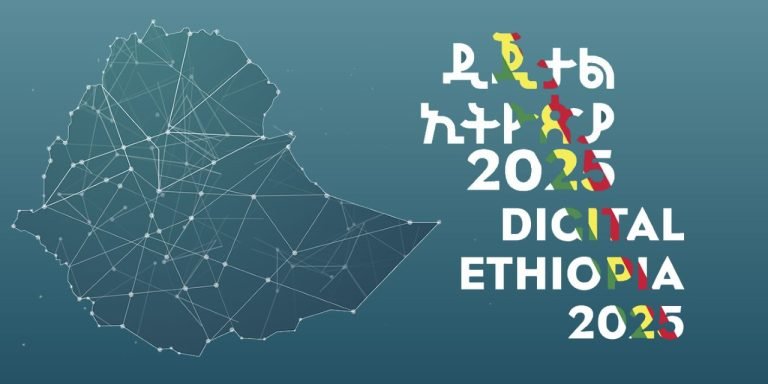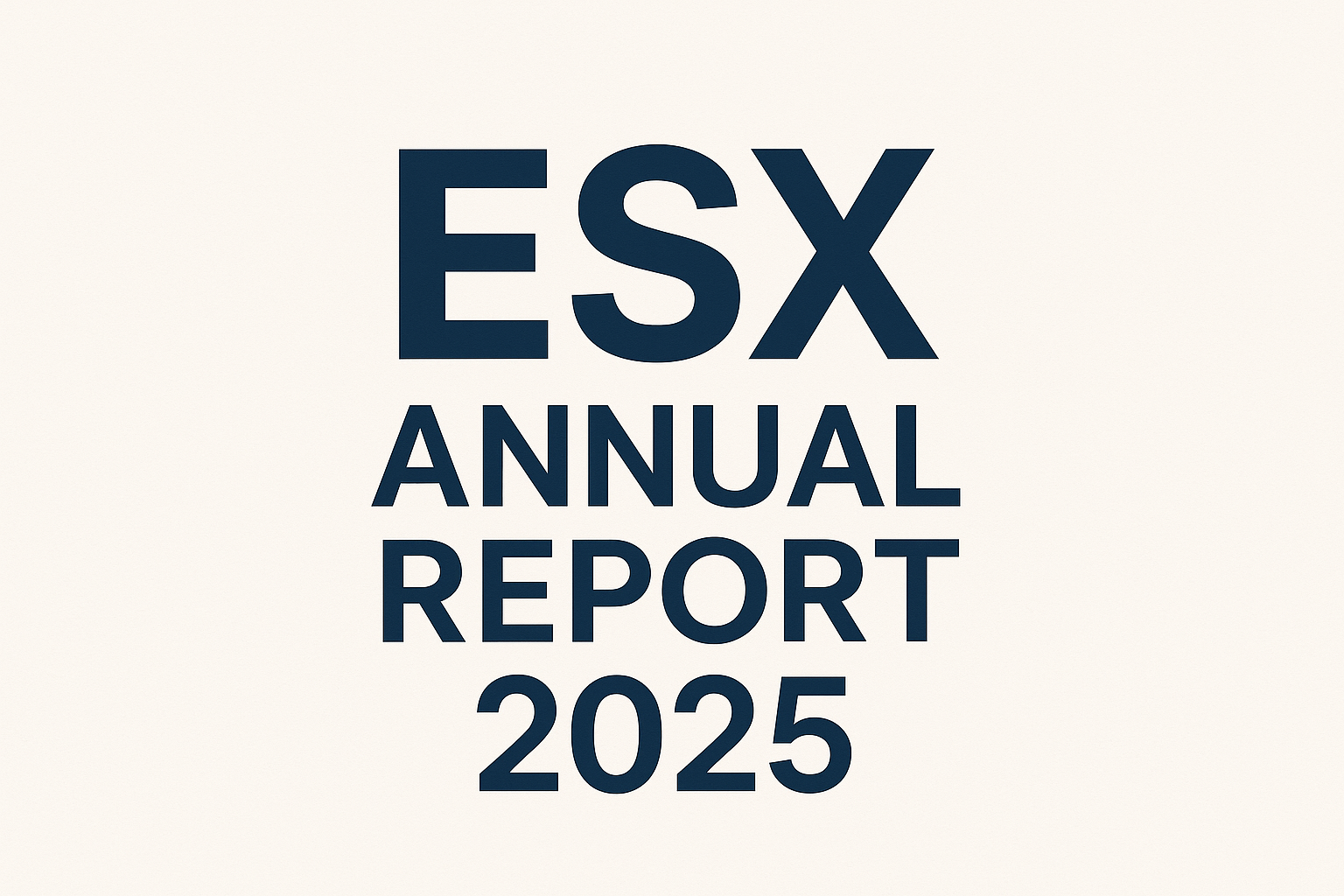Ethiopia Unveils Ambitious “Digital 2030” Strategy to Accelerate Digital Transformation
Addis Ababa, July 18, 2025
The Ethiopian government has officially launched its transformative “Digital 2030” strategy, a bold and comprehensive plan designed to propel the nation into a new era of digital innovation, economic growth, and improved public service delivery. The strategy, unveiled at a high-profile event attended by government officials, tech industry leaders, and international partners, outlines Ethiopia’s vision to become a competitive digital economy in Africa by the end of the decade.
A Roadmap for Digital Advancement
The Digital 2030 strategy is built on five key pillars, each targeting critical areas of digital development. The first pillar focuses on expanding digital infrastructure, including nationwide broadband connectivity, the rollout of 5G networks, and the establishment of advanced data centers. This initiative aims to ensure that all Ethiopians, including those in rural areas, have access to reliable and affordable internet services.
The second pillar emphasizes e-government services, with plans to digitize public administration processes to enhance efficiency, reduce bureaucracy, and increase transparency. This includes the introduction of digital identification systems, online tax filing, and electronic health records, all designed to make government services more accessible to
Another critical component of the strategy is the development of digital skills and innovation. Ethiopia recognizes the need to build a tech-savvy workforce to sustain its digital transformation. The government plans to invest in ICT education, coding boot camps, and partnerships with universities to equip young Ethiopians with in-demand digital skills. Additionally, the strategy includes support for startups and innovation hubs to foster homegrown technological solutions.
Strengthening Cybersecurity and Modernizing Key Sectors
With increased digitalization comes the need for robust cybersecurity and data protection measures. The fourth pillar of the strategy outlines plans to establish strong legal frameworks and regulatory bodies to safeguard digital transactions, protect user privacy, and combat cyber threats.
The final pillar focuses on leveraging digital technologies to modernize key economic sectors such as agriculture, manufacturing, and healthcare. Through the adoption of artificial intelligence (AI), the Internet of Things (IoT), and big data analytics, Ethiopia aims to boost productivity, optimize supply chains, and improve service delivery in these vital industries.
Government and Private Sector Collaboration
Prime Minister Abiy Ahmed highlighted the importance of collaboration between the public and private sectors in achieving the goals of Digital 2030. “This strategy is not just a government initiative; it requires the active participation of businesses, academia, and international partners,” he stated. “By working together, we can unlock Ethiopia’s full digital potential and create opportunities for millions of Ethiopians.”
Several tech companies, including local startups and global giants, have already expressed interest in supporting the strategy. Partnerships with firms specializing in cloud computing, fintech, and telecommunications are expected to play a crucial role in implementing the plan.
Challenges Ahead
Despite the ambitious vision, Ethiopia faces significant challenges in executing the Digital 2030 strategy. Limited internet penetration in rural areas, inadequate electricity infrastructure, and a shortage of skilled ICT professionals remain major hurdles. Additionally, regulatory reforms will be necessary to create an enabling environment for digital businesses and foreign investments.
However, the government remains optimistic. By prioritizing public-private partnerships and seeking international expertise, Ethiopia aims to overcome these obstacles and position itself as a leader in Africa’s digital economy.
The Path Forward
The initial phase of Digital 2030 will focus on expanding internet access, launching pilot e-government projects, and establishing innovation centers in major cities. Over the next decade, the strategy is expected to generate thousands of tech-related jobs, attract foreign investment, and improve the overall quality of life for Ethiopians through digital inclusion.
As Ethiopia embarks on this ambitious journey, the Digital 2030 strategy represents a pivotal step toward a more connected, innovative, and prosperous future. With strong leadership and collaborative efforts, the nation is poised to make significant strides in the global digital landscape.







